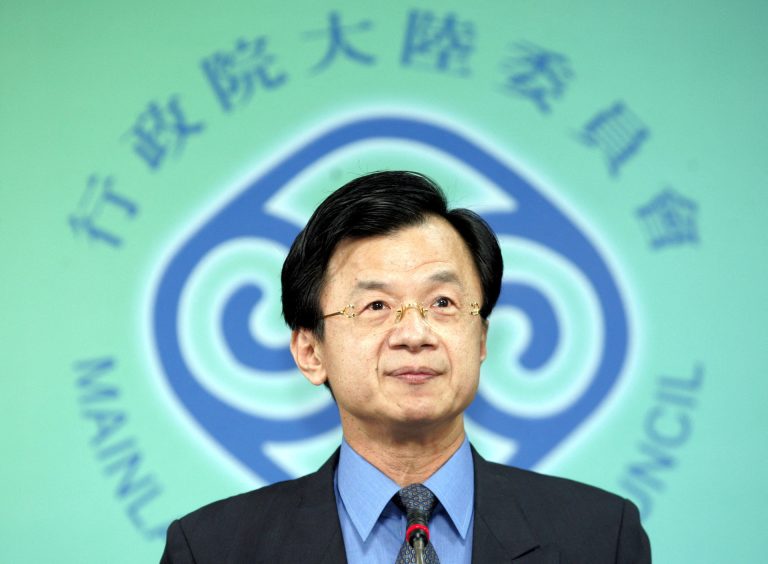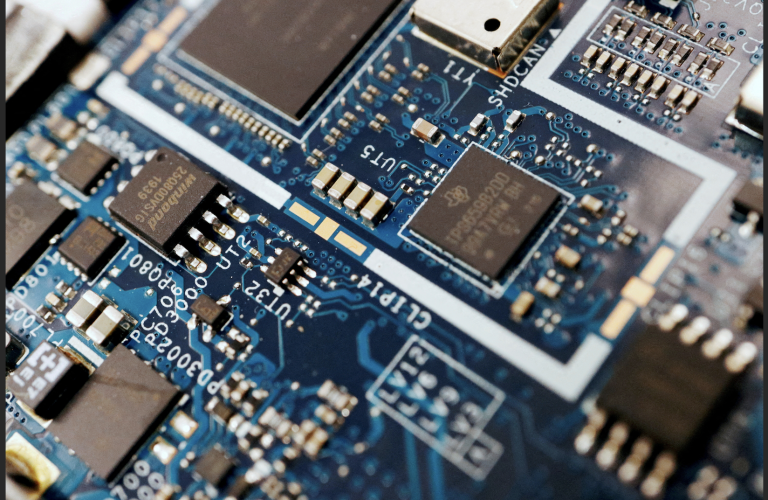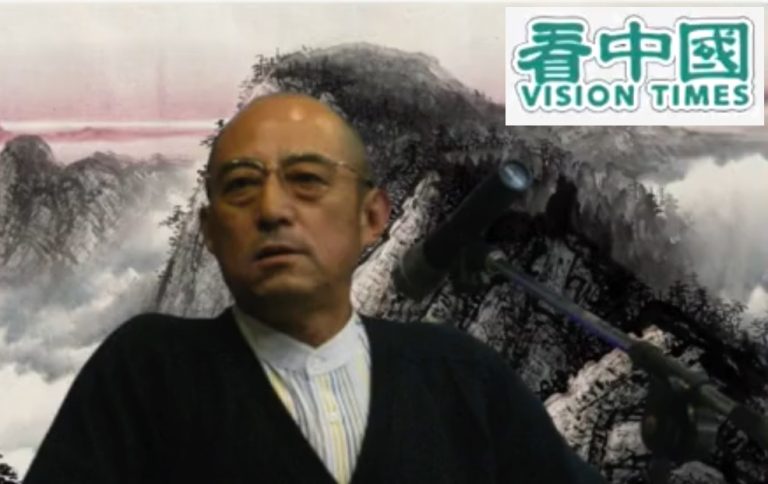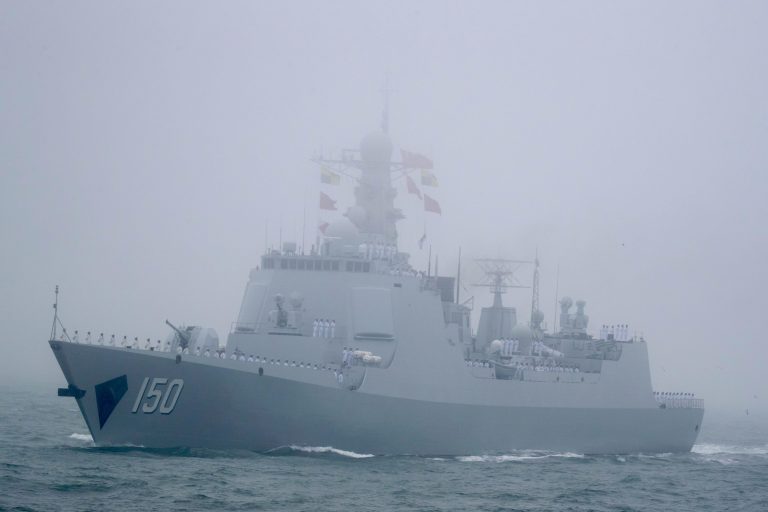A delegation of U.S. lawmakers arrived in Taiwan on Wednesday, Sept. 7 on a previously unannounced trip, marking the latest group of senior officials from the country to visit the island and defy Beijing, which has reacted with anger to such exchanges.
The de facto U.S. embassy in Taiwan said the eight lawmakers, led by Stephanie Murphy, a Democrat from Florida who sits on the House Armed Services Committee, would be staying until Sept. 9 as part of a larger visit to the Indo-Pacific region.
“The delegation will meet with senior Taiwan leaders to discuss U.S.-Taiwan relations, regional security, trade and investment, global supply chains, and other significant issues of mutual interest,” it added.
Taiwan’s foreign ministry said they would meet President Tsai Ing-wen while there.
China views democratically-governed Taiwan as its own territory, dismissing the strong objections of the government in Taipei.
Success
You are now signed up for our newsletter
Success
Check your email to complete sign up
China carried out war games last month near Taiwan following a trip to Taipei by U.S. House Speaker Nancy Pelosi, and has continued its military activities around the island since then.
Other U.S. lawmakers have come since Pelosi’s trip, as well as the governor of the U.S. state of Arizona.
Taiwan’s top representative in Washington Hsiao Bi-khim has said Beijing’s aggression in the wake of Pelosi’s visit had spurred interest from parliaments around the world to send visitors to the island.
Separately, on Sept. 7, Taiwan’s Mainland Affairs Council minister Chiu Tai-san told a Washington forum that Beijing could not use cross-Strait peace and regional stability as bargaining chips.
“We count on all countries to unite more strongly in urging China to show rational restraint and adjust its practices,” Chiu said in a video address to the Center for a New American Security think tank. “We also need to prevent improper and illegal coercion from being normalized as a result of our neglect or compromise.”
(By Reuters. Reporting by Ben Blanchard in Taipei, and Michael Martina and David Brunnstrom in Washington; Editing by Alex Richardson and Bill Berkrot)













